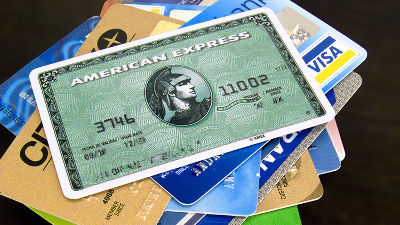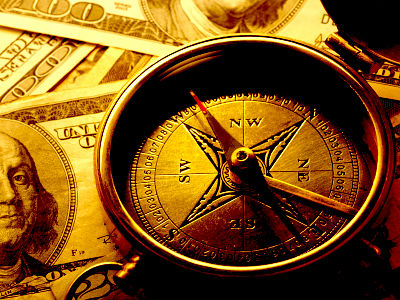In the United States, the custom of paying tips is confused due to the spread of cashless payments

In America, it is customary to pay a
Is tipping getting out of control? Many consumers say yes | AP News
https://apnews.com/article/tipping-fatigue-business-c4ae9d440610dae5e8ff4d4df0f88c35
As more businesses adopt cashless payments, consumers are being asked to tip even at sporting goods stores and fast food restaurants where they would never otherwise. Also, some consumers are frustrated with chips due to price increases due to global inflation.
Unlike conventional tips, which can be easily ignored, the demand for tips in cashless payments puts pressure on consumers, and it is difficult to avoid tip payments. In addition, it has been pointed out that people around you can also see the payment screen, so the person's generous goodness and goodness will be exposed to non-employees.

Traditionally, restaurants like restaurants pay their employees less than the minimum wage, and it is customary to make up the difference with tips received from customers. However, many consumers are frustrated by being forced to tip for cashless payments at coffee shops and other restaurants. ``Consumers tend to dislike unilateral habits like tips depending on how and when they are tipped,'' said Ismail Karabas of Murray State University.
According to Clarissa Moore, who works for a power company in Pennsylvania, tipping is not only required at restaurants, coffee shops, fast food restaurants, etc., but recently mortgage companies have also started to ask for tips. thing. ``It's annoying to be asked to tip at various stores, but it's even more annoying if you don't tip because you don't want to,'' Moore said. are complaining about being semi-forced to tip wherever they go.

``People who have worked in the service industry in the past believe that tipping employees is the norm, while other consumers are forced to tip,'' Carrabas said. When people feel frustrated, they are less likely to visit the store again.' Also, the higher the amount actually paid, the less frustrated consumers feel about tip requests.
Mike Janavie, who lives in New York State, said, ``Paying wages to clerks is the company's job, and it is wrong for consumers to pay more as a tip than just for goods and services.''
In their book Emily Post's Etiquette , authors Lizzie Post and others write, 'It's up to the individual to choose how much to tip at cafes and take-out restaurants, and it's embarrassing to pay the minimum tip. You don't have to, and you don't have to explain why if you don't tip.'
On the other hand, Dylan Schenker, who works as a barista at a cafe in Philadelphia, works at an hourly wage of $ 15 (about 1950 yen), but earns about $ 400 (about 52,000 yen) every month with tips. Mr. Schenker covers his monthly rent with the tips he earns and works while attending graduate school. 'I can't sympathize with consumers who can afford expensive coffee and complain about tipping,' Schenker said. said.
Related Posts:
in Note, Posted by log1r_ut







